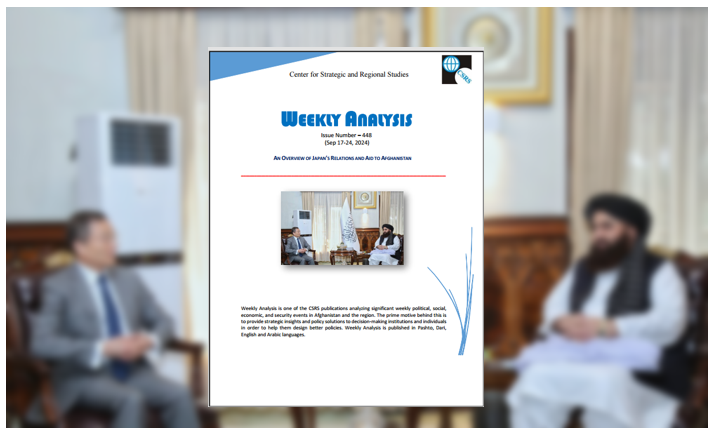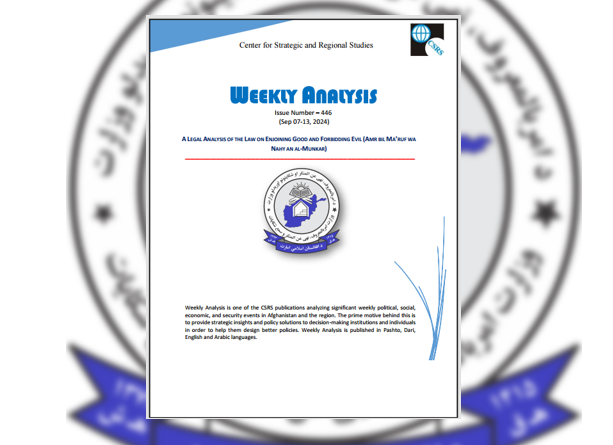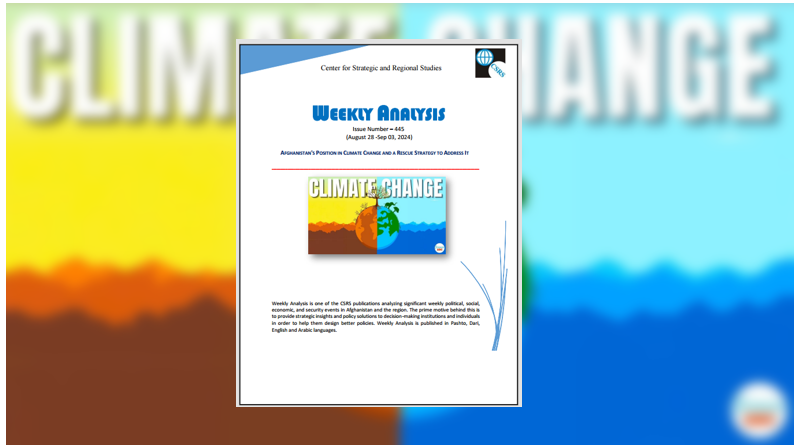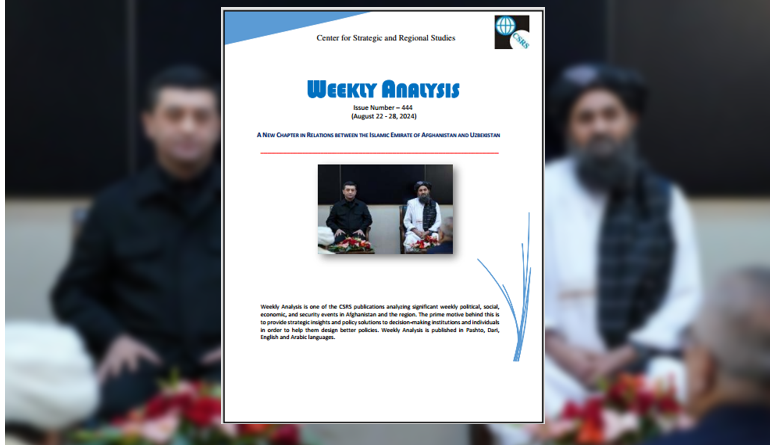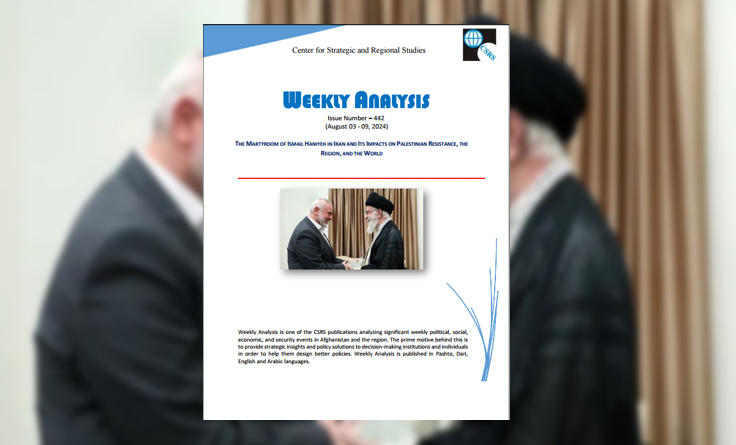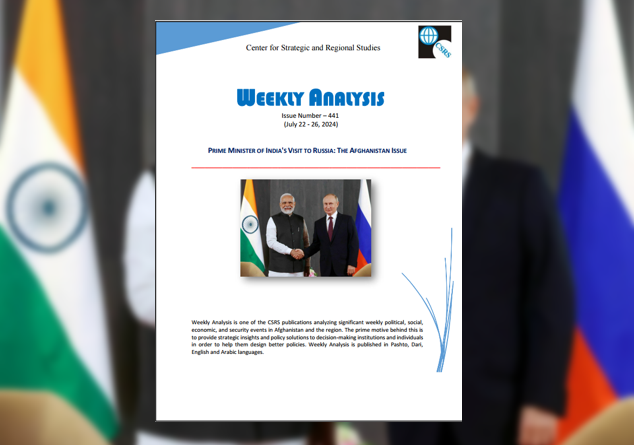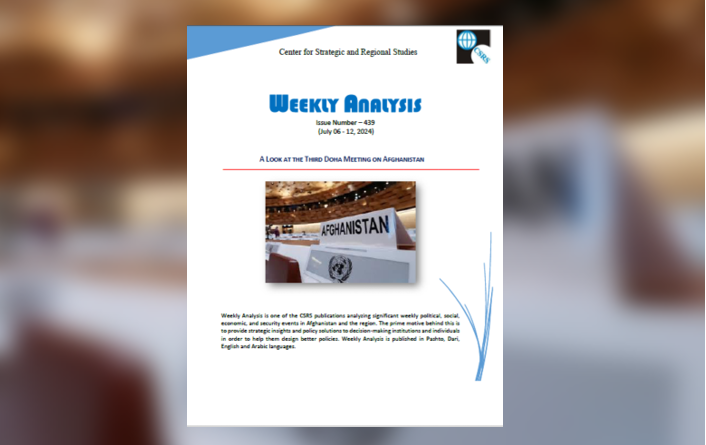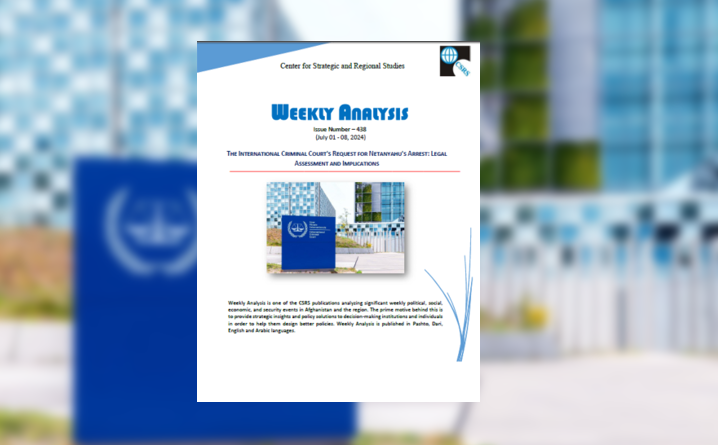The Reflection of the Gaza Crisis (Palestine) in the United Nations General Assembly Debate
The Palestinian issue and Israel’s multi-front war against Hamas, Iran, and what is referred to as the “Axis of Resistance” have escalated into a full-blown crisis in the Middle East. Should the situation worsen, its potential to spill over into a global conflict cannot be ruled out. Consequently, this year’s General Debate at the United Nations General Assembly saw world leaders addressing the issue and expressing their respective positions.
Read more

